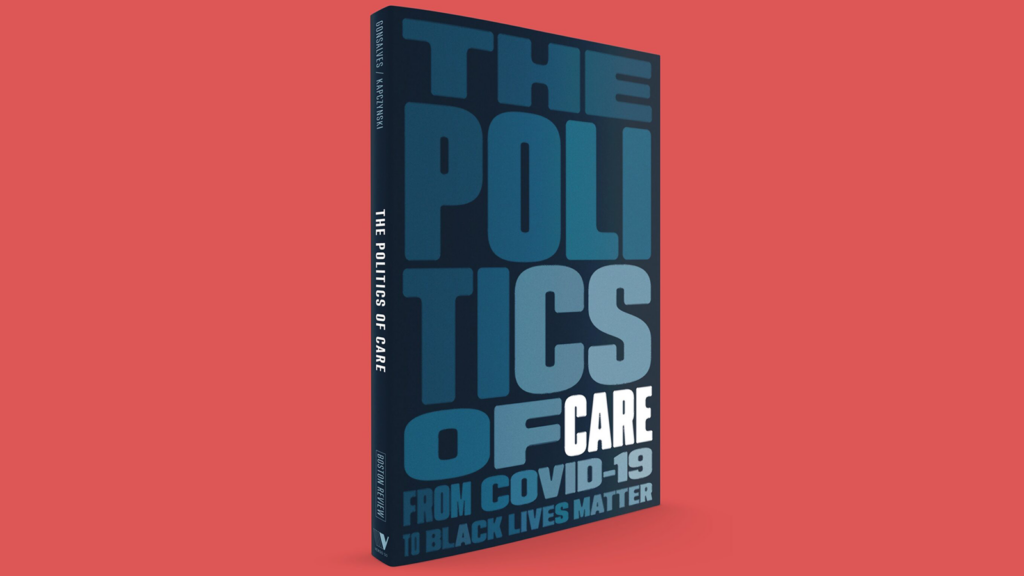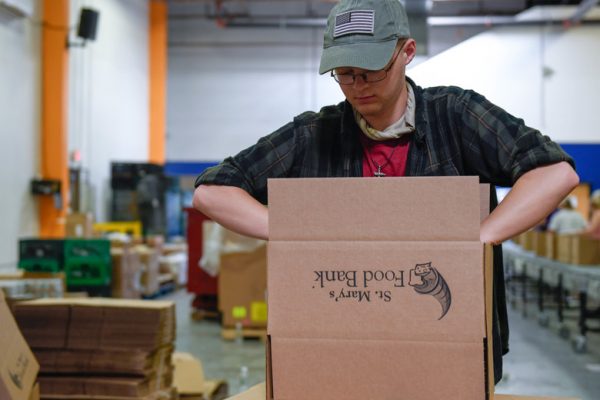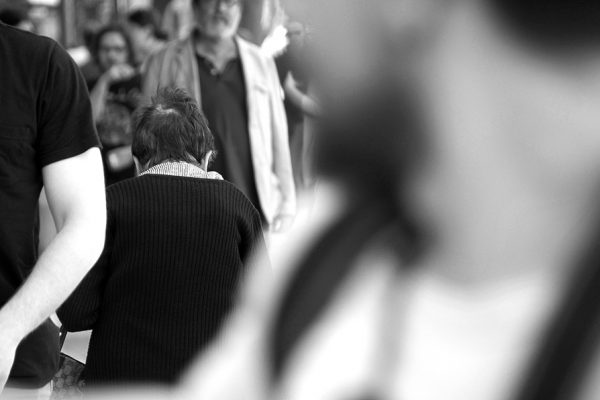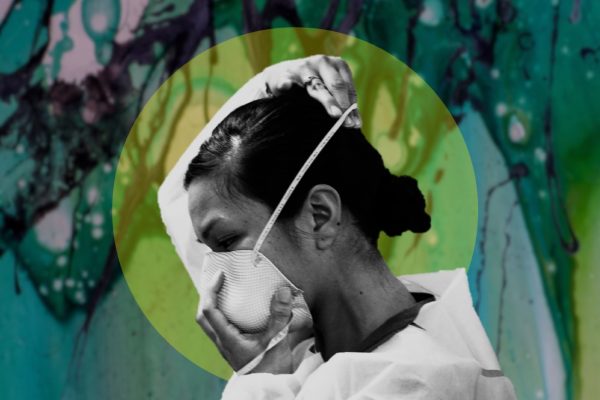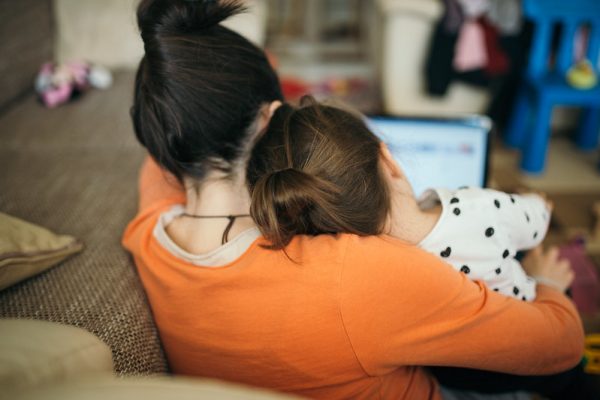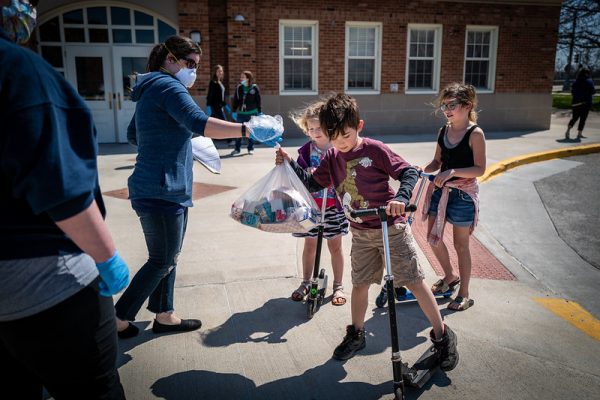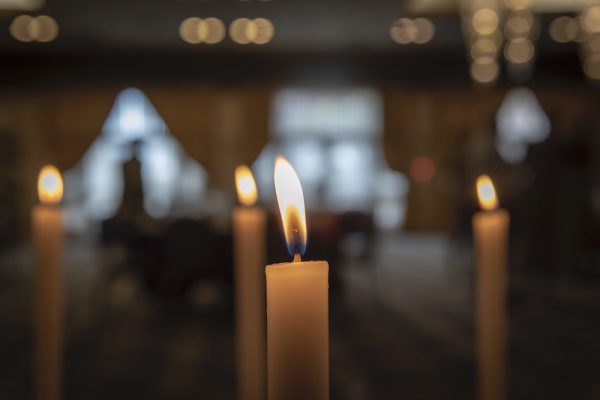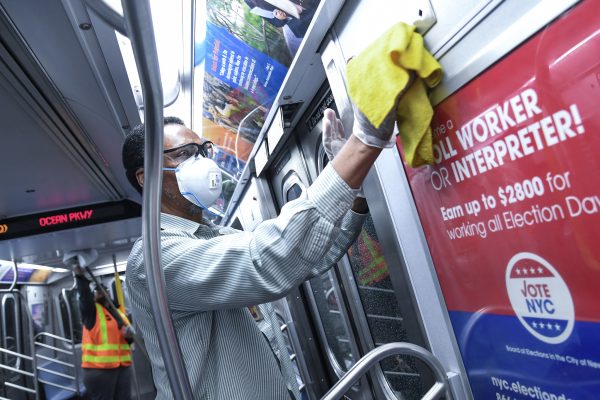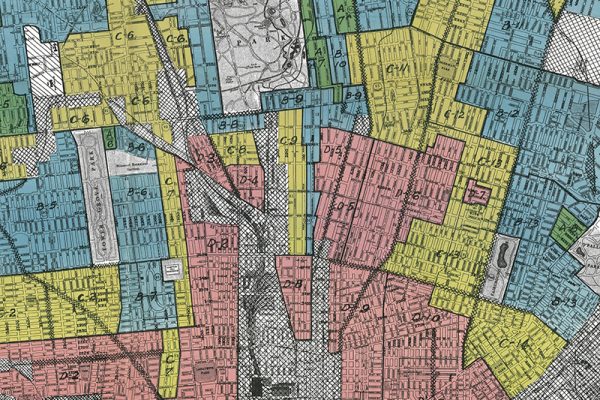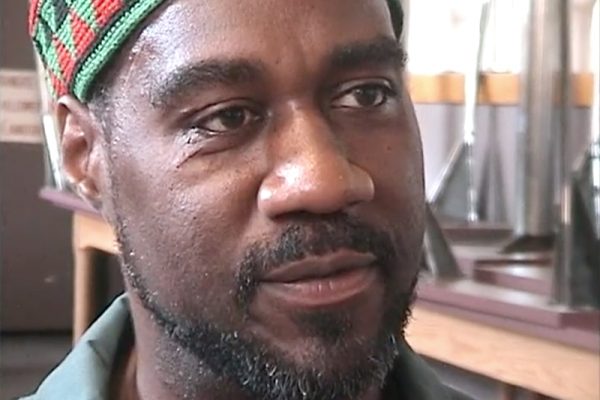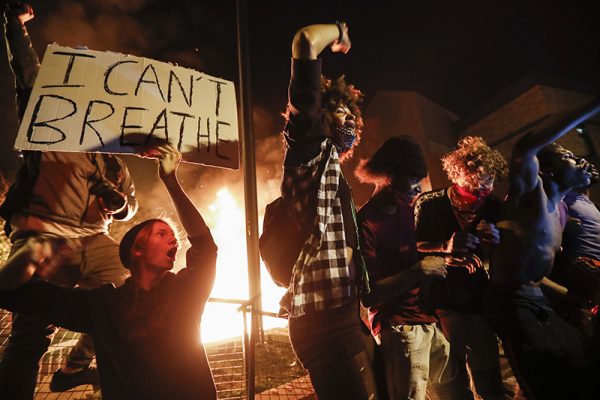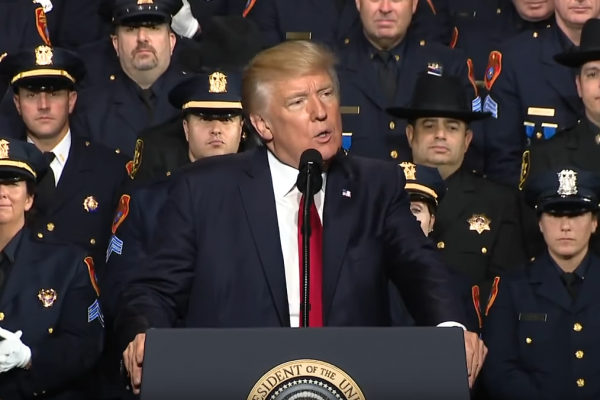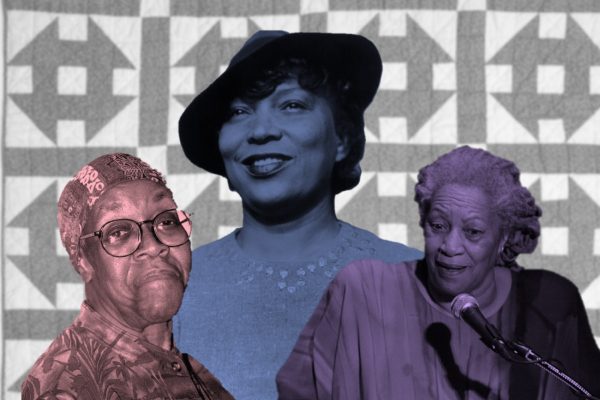The Politics of Care
From the COVID-19 pandemic to uprisings over police brutality, we are living in the greatest social crisis of a generation. But the roots of these latest emergencies stretch back decades. At their core is a brutal neoliberal ideology that combines deep structural racism with a relentless assault on social welfare. Its results are the failing economic and public health systems we confront today—those that benefit the few and put the most vulnerable in harm’s way.
Contributors to this volume not only protest these neoliberal roots of our present catastrophe, but they insist there is another way forward: a new kind of politics—a politics of care—that centers people’s basic needs and connections to fellow citizens, the global community, and the natural world. Imagining a world that promotes the health and well-being of all, they draw on different backgrounds—from public health to philosophy, history to economics, literature to activism—as well as the example of other countries and the past, from the AIDS activist group ACT-UP to the Black radical tradition. Together they point to a future, as Simon Waxman writes, where “no one is disposable.”
Essays
The right response to COVID-19 is to rebuild our economy from the ground up, putting people to work in a massive jobs program to secure the public health of all.
During the AIDS crisis, different contingents of the LGBTQ movement set aside their differences to prioritize mutual care.
Struggles for Medicare for All and a Green New Deal are two sides of the same coin.
With few restrictions and no tracing of the disease’s spread, the government is relying upon Swedish character and traditions to see it through the pandemic.
Despite President Bolsonaro's COVID-19 denialism, a small Brazilian city has one of the most ambitious responses in the world.
COVID-19 is having a disproportionate effect among vulnerable populations.
St. Louis is a microcosm of American structural racism.
Jalil Muntaqim, a Black Panther imprisoned since 1971, is one of thousands of elderly prisoners the United States has refused to free during the pandemic.
The rage on display in Minneapolis is not only about police violence. It is also about the country’s utter disregard for the pain of black Americans.
“In a season of unimaginable death, my students emerged as visionaries. I hope to live to see the world they create."
